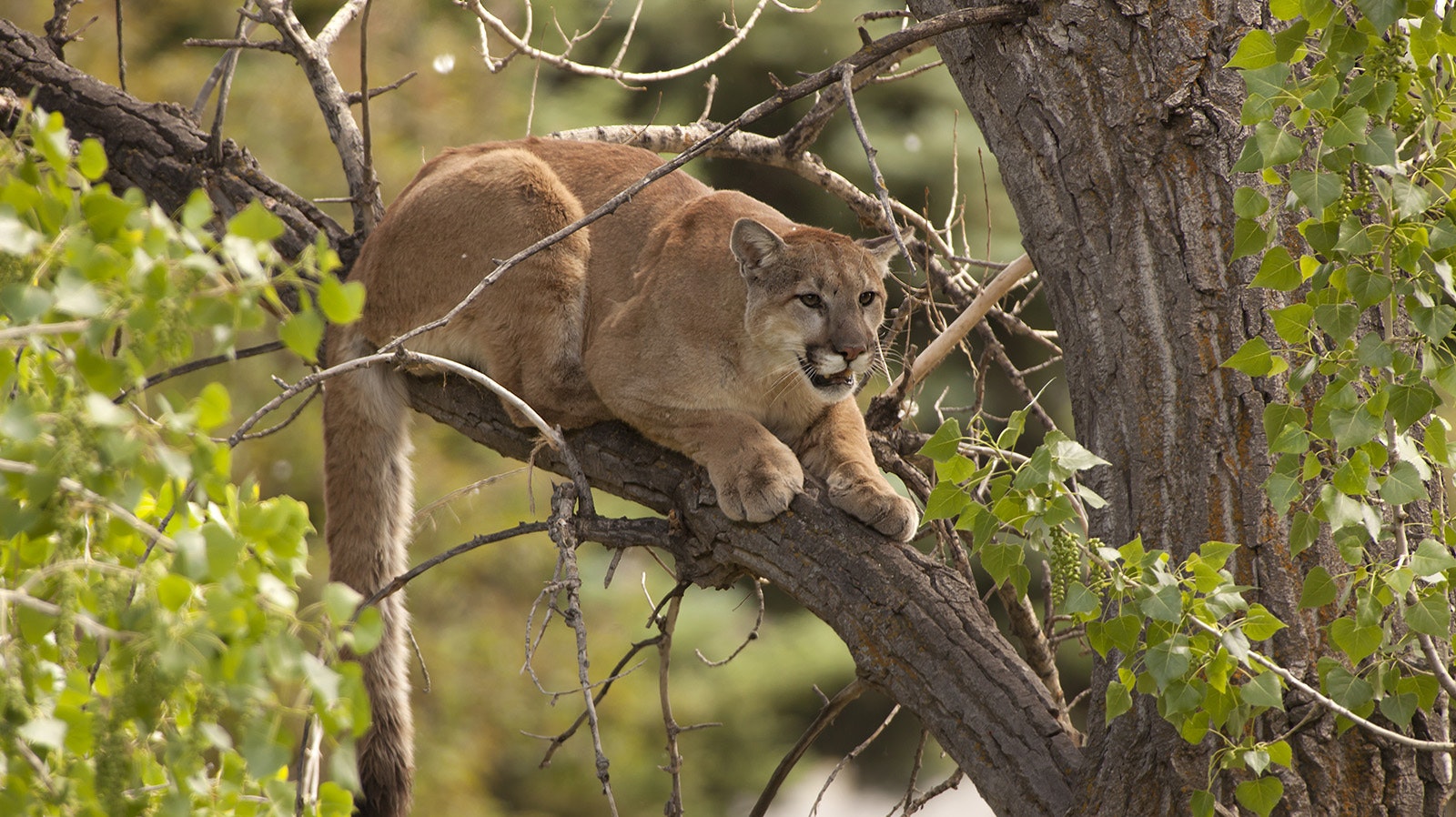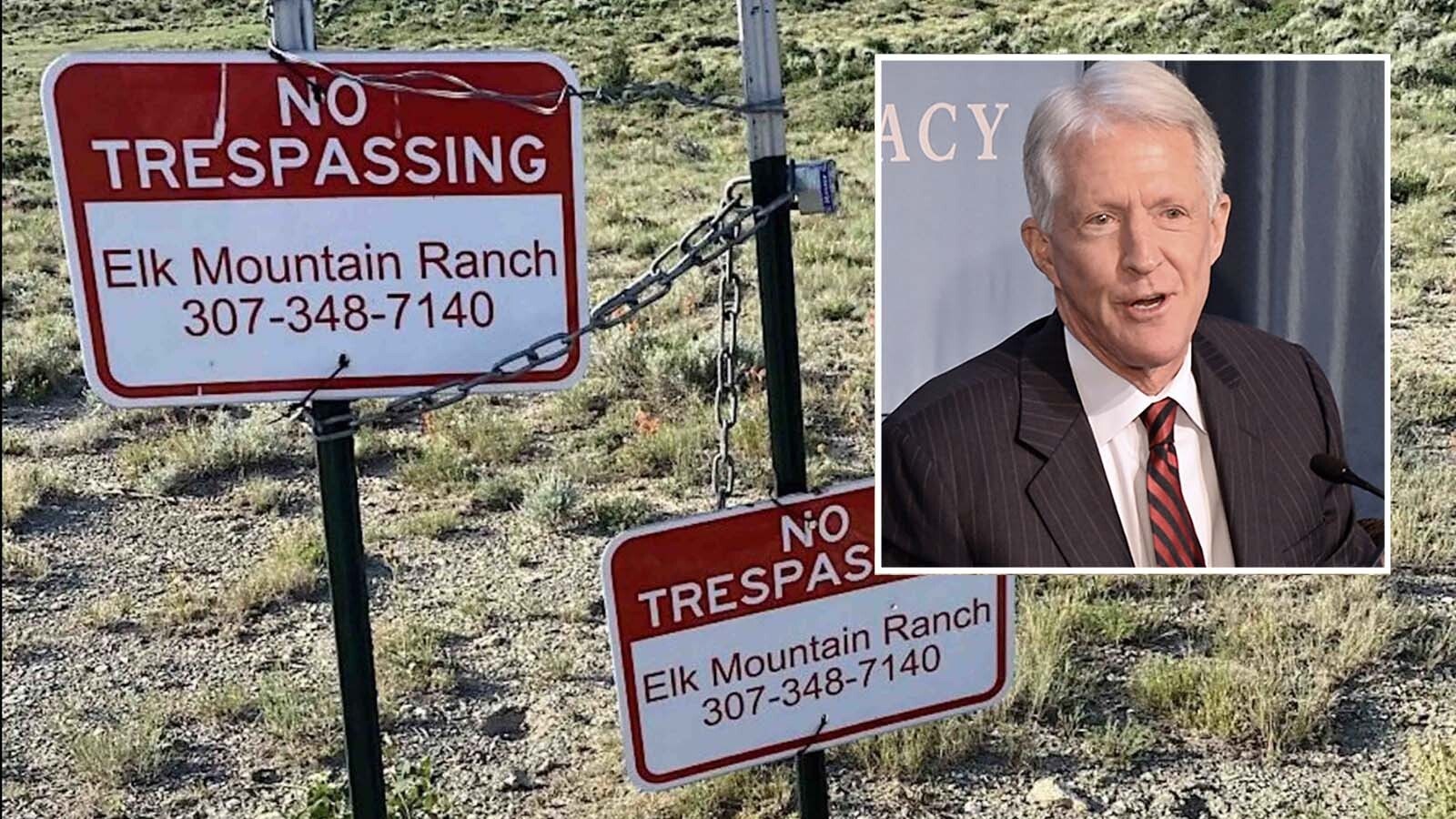A ballot measure that could end mountain lion and bobcat hunting and trapping in Colorado is driven by emotion, not science, and it highlights that state’s rural-urban divide, a wildlife conservationist said.
“In the rural areas of both states (Colorado and Wyoming), you find similar mindsets. The problem here is that Denver, Boulder and Colorado Springs have booming populations, and you frequently have people with a different mindset,” Bryan Jones told Cowboy State Daily.
He’s the Backcountry Hunters & Anglers (BHA) chapter coordinator for Colorado and Wyoming and lives in Castle Rock, Colorado.
The Colorado Legislature last year rejected a measure to end mountain lion hunting there. Undaunted, The Center for a Humane Economy and other animal rights advocates pushed for a ballot initiative that would effectively ban hunting and trapping mountain lions, bobcat and lynx in Colorado.
That push succeeded, gathering the 126,000 signatures required to put it on the November 2024 ballot in Colorado.
Emotion, Not Science
Advocates of the ballot measure claim that pursuing mountain lions with hounds, which is allowed in both Wyoming and Colorado, is inhumane. They also claim that most bobcat pelts from animals trapped in the West are sent to Russia and China.
The ballot initiative tries to frame wildcat hunting and trapping as “trophy hunting” done purely for sport or profit, Jones said, adding that’s not the case.
“Lynx are already protected in Colorado. The fact that species is even added in is muddying the waters. Trying to classify this as ‘trophy hunting’ is also muddying the waters,” Jones said. “It’s already illegal to not utilize your harvest in Colorado.
“They say that people don’t eat mountain lion meat, and that’s absolutely false.”
The push to ban hunting or trapping mountain lions and bobcats is based on emotional appeals and marketing, he said.
“A lot of it is about money and what one side can put in other in terms of advertisements and those sorts of things,” Jones said.
Predator Trouble
BHA supports the North American model of wildlife management, which recognizes hunting, fishing and trapping as vital elements of conservation, Jones said.
Hunting for mountain lions and other species helps balance not only those species, but the big game animals, such as deer and elk, that they prey on and “nongame species” as well, Jones said.
It’s BHA’s stance that when predator populations aren’t kept in check, those species themselves can suffer.
“You start to see sick or malnourished predators because of an overpopulation of those species,” he said.
And that can lead to more conflict with people, he added.
“Oftentimes, the predators that aren’t finding food out in the wild are becoming opportunistic and coming down into the populated areas looking for food sources,” he said. “We’re really seeing it with bears here in Colorado, and you’re starting to see it with bears up there too.”
There have been numerous recent incidents involving black bears in Wyoming, Colorado, Idaho and Montana. In some instances, wildlife agents killed the bears because of conflicts with humans.
Hound Hunting In The Crosshairs
The ballot initiative singles out pursuing mountain lions with hounds as supposedly unethical and inhumane, Jones said.
That’s a misrepresentation, he said.
“It’s a method of hunting with a long tradition behind it,” he said. “Mountain lions, specifically, are elusive creatures. You need hounds to have effective harvest on those animals. I don’t see it as any different than me using my bird dog to hunt pheasants and quail.”
Hound hunting for mountain lions probably isn’t going away in Wyoming. The Wyoming Legislature early this year passed a measure allowing hound hunters to pursue, tree and release mountain lions even after they’d filled their hunting tags for the season.
The reasoning behind that bill was that it allows hunters to keep their hounds well-trained and in practice, and also conditions the mountain lions to stay away from settled areas.
Hound hunters also frequently help wildlife agents find and capture mountain lions so the big cats can be examined and fitted with radio collars for studies, Jones said.
“Those hunters care about the species, and want to see it conserved,” he said.
Trust The Agencies
As BHA sees it, trying to drive wildlife policy by a popular vote is the wrong approach, Jones said.
Instead, policy should be decided by state legislatures, and those decisions should be driven by expertise from wildlife agencies such as the Wyoming Game and Fish Department and Colorado Parks and Wildlife, he said.
“We have these professional agencies out here that are guided by science. They should be the ones to determine if, how and when these species should be hunted,” Jones said.
Similar To Wolf Initiative
BHA similarly opposed Proposition 114, a 2020 ballot initiative to reintroduce wolves to Colorado. It passed by the slimmest of margins, 50.91% to 49.09%.
Under that program, Colorado plans to start reintroducing wolves starting in December and continuing into the spring. Oregon recently agreed to provide 10 wolves after Gov. Mark Gordon flatly refused to send any wolves from Wyoming.
Now that Colorado wolf reintroduction is apparently a done deal, BHA plans to work with Colorado Parks and Wildlife, ranchers and others to help ensure that interests such as game herd conservation and ranching are protected, Jones said.
Mark Heinz can be reached at mark@cowboystatedaily.com.





